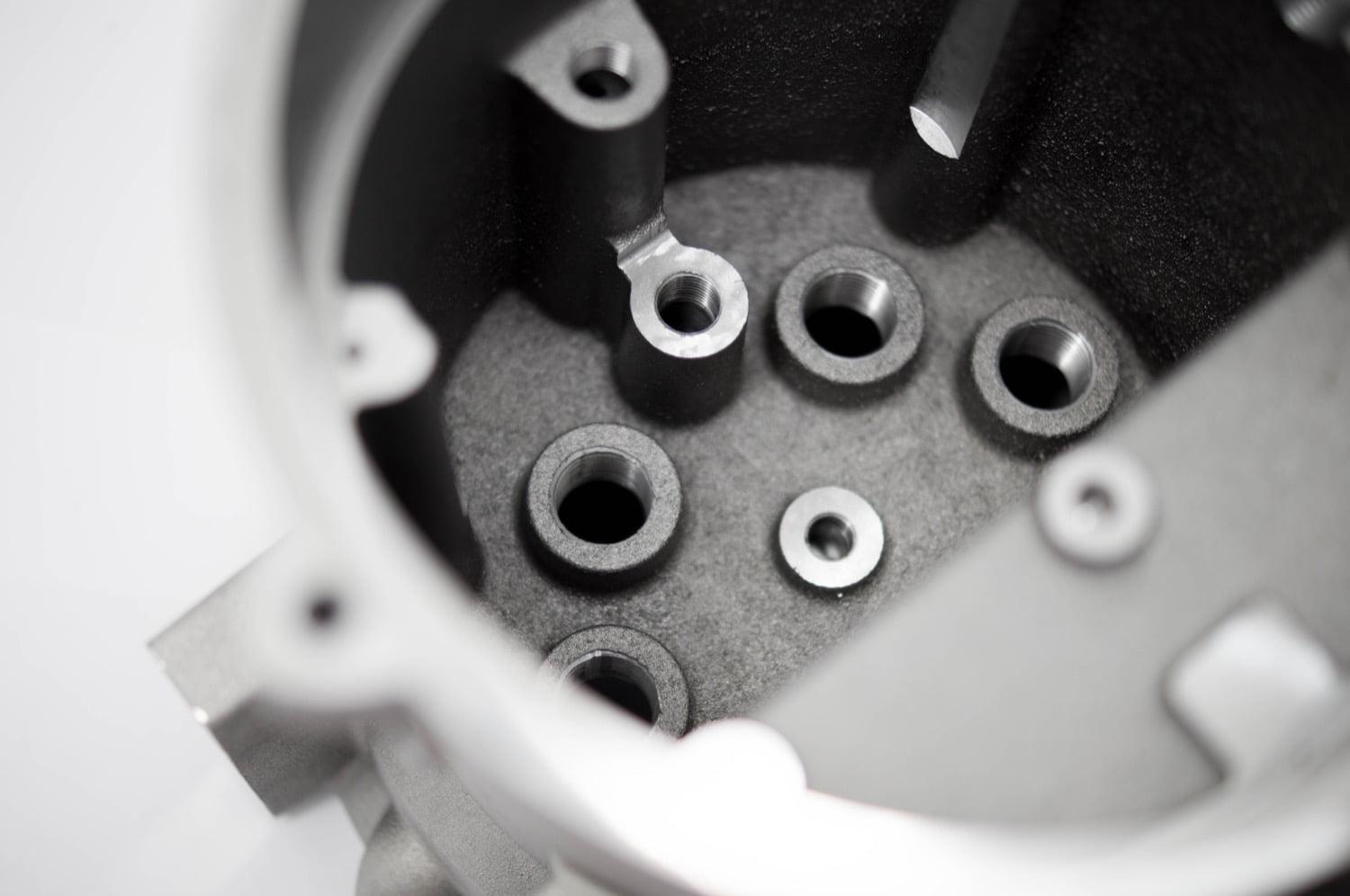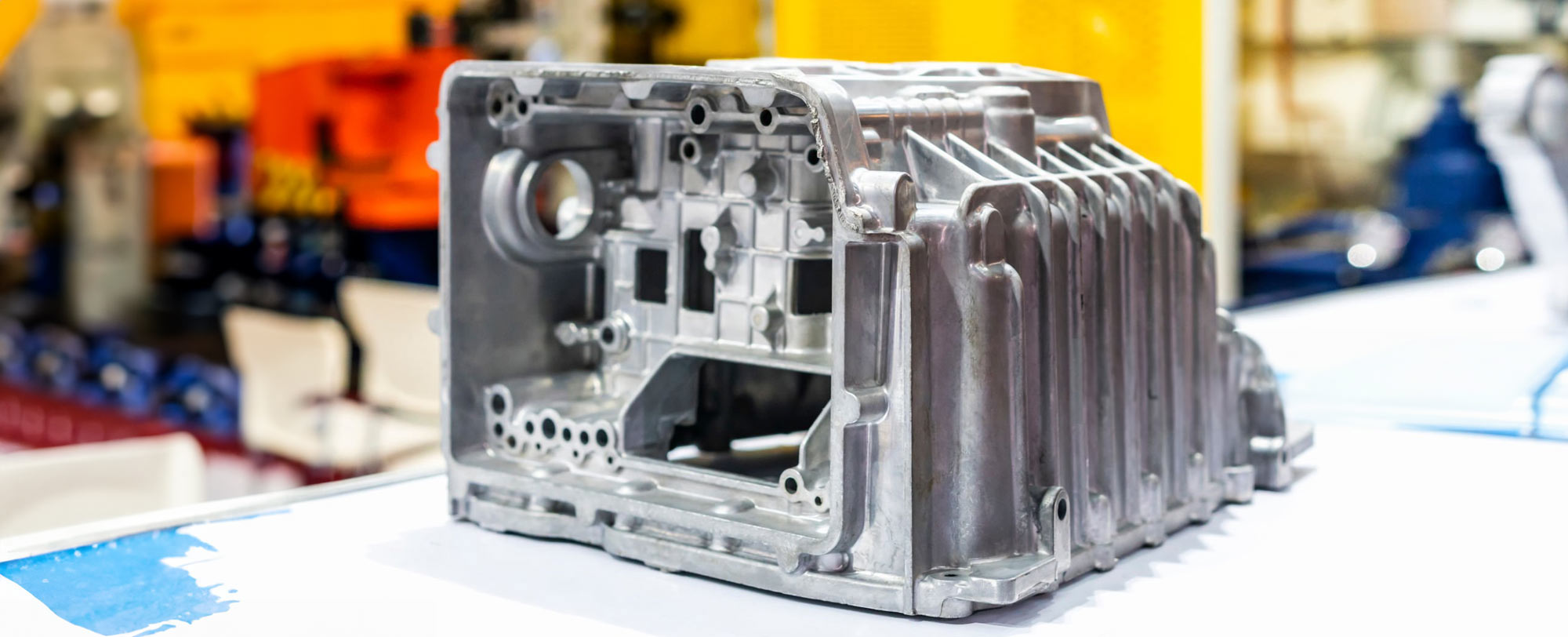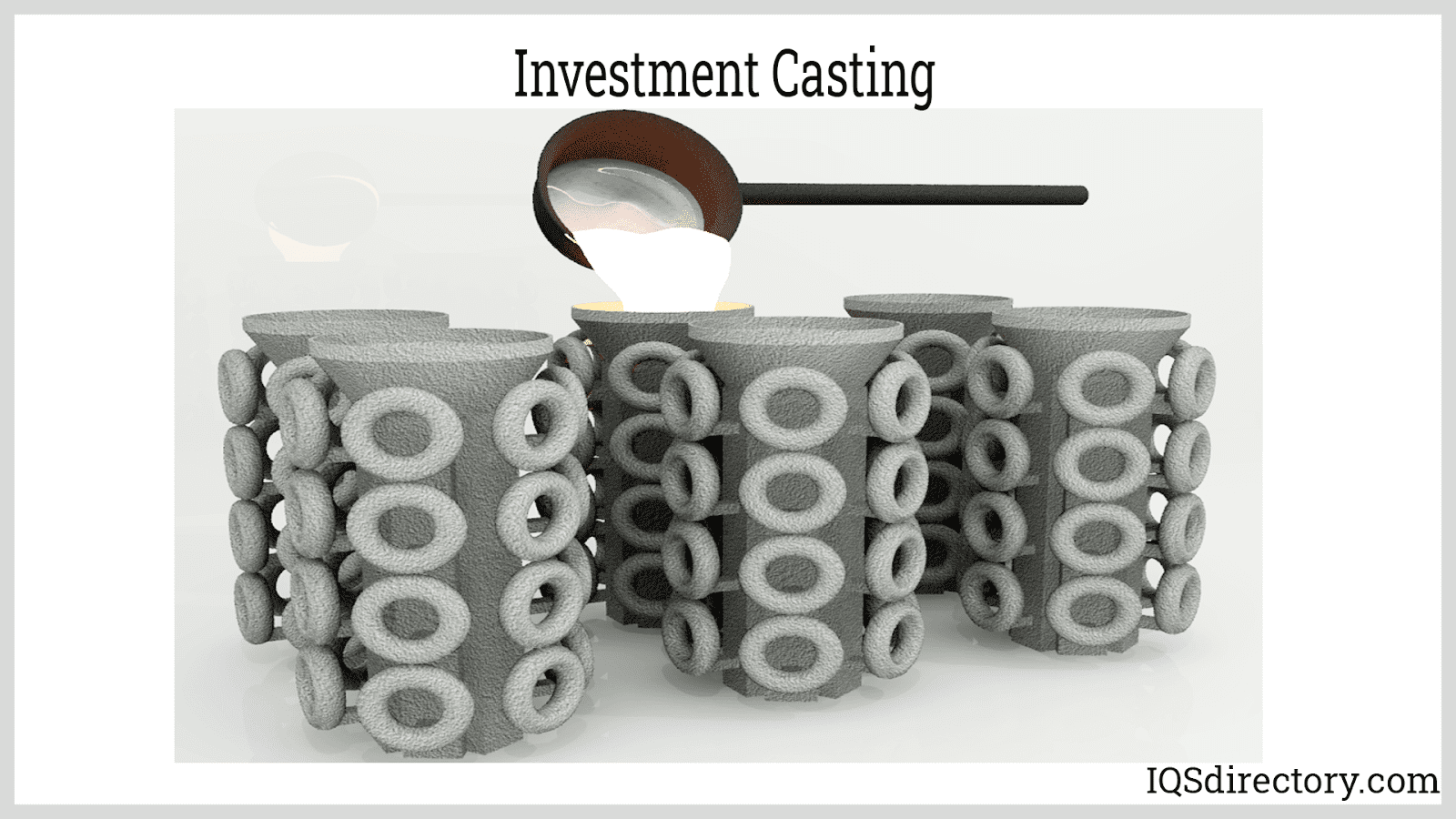A Comprehensive Guide to Picking the Right Foundry Providers for Your Project Needs
Picking the ideal foundry services is vital for the success of any type of task. Each casting technique-- sand spreading, investment spreading, and pass away spreading-- has unique benefits. Understanding these alternatives assists in making informed choices. Product option, production abilities, and quality control are key aspects to think about. Additionally, reviewing expenses can influence lasting viability. aluminum casting. What elements should direct this decision-making process?
Comprehending the Different Kinds of Factory Solutions
While the globe of factory solutions may appear complicated initially look, understanding the various types can significantly streamline the manufacturing process. Shops generally specialize in casting steels, and the primary kinds include sand spreading, financial investment casting, pass away casting, and centrifugal spreading.
Sand casting entails creating molds from sand and is excellent for huge parts or low-volume production. Financial investment spreading, on the other hand, uses high precision for complex designs, making it ideal for aerospace or medical applications. Die spreading, identified forcibly molten steel right into mold and mildews under high pressure, is efficient for automation of smaller parts.
Centrifugal casting utilizes rotational pressure to disperse liquified steel, generating strong, cylindrical elements. Each service kind has distinctive advantages and is chosen based upon specific job demands. Recognizing these distinctions enables producers to select one of the most proper factory solution, eventually improving efficiency and item quality.
Key Variables to Think About in Product Choice
Picking the appropriate material for foundry solutions is an important action that affects the general success of a job. Trick elements in material choice consist of mechanical properties, thermal resistance, and rust resistance - Aluminum Casting Company. Comprehending the intended application and its needs is vital; materials must withstand functional stresses while maintaining stability over time
An additional crucial factor to consider is the product's compatibility with the selected manufacturing process, as some materials are better fit for particular techniques. Cost-effectiveness likewise plays a significant duty, as budget plan restrictions can limit options.

Finally, availability and lead times of products can influence task timelines, making it needed for project managers to analyze these variables extensively. By very carefully assessing these aspects, one can assure a more effective and effective factory solution experience.
Evaluating Production Abilities and Technologies
Just how successfully a foundry can fulfill project specs pivots on its manufacturing abilities and modern technologies. A detailed assessment of these aspects is crucial for task success. Production abilities incorporate the factory's ability to handle differing job dimensions, complexities, and timelines. Recognizing the factory's devices and machinery is necessary, as modern technologies such as computer system numerical control (CNC) machining and advanced mold-making strategies can substantially enhance precision and performance.
Additionally, the shop's use innovative products and procedures, such as 3D printing or lost foam spreading, can provide benefits relating to layout adaptability and cost-effectiveness. It is likewise crucial to examine the shop's capacity to scale manufacturing, making sure that they can fit future rises in need without compromising top quality. By meticulously analyzing these variables, task supervisors can make enlightened decisions about which factory is ideal fit to satisfy their certain manufacturing needs and technical expectations.
Value of Quality Control in Metal Casting
Quality assurance stands as an important pillar in the metal casting sector, ensuring that every part satisfies rigid specifications and criteria. This procedure entails methodical tracking and evaluation of each stage of production, from first style to final assessment. Executing extensive quality control procedures enhances the reliability and performance of actors elements, decreasing the likelihood of problems that can endanger architectural integrity.
Efficient high quality assurance promotes depend on between foundries and clients, as adherence to high requirements represents dedication to quality. It also minimizes costly rework and hold-ups, streamlining manufacturing processes. By determining possible problems early, quality control not just safeguards the end product however additionally adds to continual renovation within the shop's operations. Eventually, prioritizing high quality assurance in steel casting is important for achieving consumer fulfillment and maintaining an one-upmanship in the sector.
Evaluating Cost-Effectiveness and Budget Constraints
While passing through the complexities of factory services, reviewing cost-effectiveness and spending plan restraints becomes a vital element for businesses. Comprehending the total expense of possession involves greater than just the preliminary price; it needs an analysis of lasting costs, consisting of products, labor, and functional efficiencies. Business need to request in-depth quotes that outline all possible expenses, enabling a more clear comparison between different shops.
Additionally, businesses need to assess their specific task needs against spending plan limitations. This consists of examining the compromises between reduced prices and potential effect on top quality, preparations, and integrity. It is essential to take into account whether the picked factory offers scalable services that can suit future needs without considerable economic stress. By thoroughly stabilizing price factors with task objectives, business can make informed choices that maximize both budget and efficiency, making certain effective end results for their shop jobs.
Often Asked Questions
Exactly How Can I Guarantee Prompt Shipment of My Foundry Task?

What Certifications Should a Factory Service Supplier Have?
A respectable foundry company must possess accreditations such as ISO 9001 for top quality administration, ISO 14001 for environmental administration, and industry-specific qualifications that show compliance with safety and efficiency requirements pertinent to the spreading process.
Can I Go To the Foundry Prior To Making a Choice?
Yes, visiting the shop prior to choosing is typically advisable. This enables potential clients to this page assess the center, fulfill the team, and assurance that the solutions straighten with their particular project needs and standards.
What Is the Typical Preparation for Personalized Castings?
The typical preparation for custom-made spreadings ranges from 4 to twelve weeks, relying on the intricacy of the style, product specifications, and the factory's ability. Timely communication can commonly quicken the procedure.
How Do Foundries Take Care Of Style Modifications During Production?
Foundries typically accommodate layout adjustments throughout production by carrying out flexible processes. They examine the influence on costs and timelines, interact with customers, and readjust workflows to ensure high quality while decreasing disturbances to the manufacturing routine.
